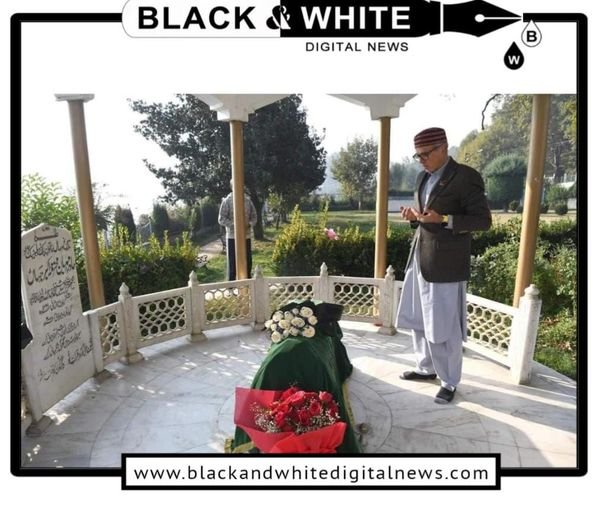Omar Abdullah Set to Lead Historic Swearing-in as Jammu & Kashmir CM Amid Complex Political Dynamics



Subscribe to our newsletter to get our newest articles instantly!
| M | T | W | T | F | S | S |
|---|---|---|---|---|---|---|
| 1 | ||||||
| 2 | 3 | 4 | 5 | 6 | 7 | 8 |
| 9 | 10 | 11 | 12 | 13 | 14 | 15 |
| 16 | 17 | 18 | 19 | 20 | 21 | 22 |
| 23 | 24 | 25 | 26 | 27 | 28 | 29 |
| 30 | 31 | |||||
J&K team celebrates after lifting the Ranji Trophy, creating history
Deputy CM Surinder choudhary Ne Kaha Jis Par Guzarti Hai Wo He Janta Hai Investigation Fair Honi Chahiye
SP South Jammu addressing media today said Gandhi Nagar police has recovered 16 stolen bikes worth Rs 12 Lakh and…
Kya PDP Future Me Come Back Kar Sakti Hai Ya Nhi Nc MLA Baramulla Javed Beig Ka Jawab Sunye
We use cookies to improve your experience on our site. By using our site, you consent to cookies.
Manage your cookie preferences below:
Essential cookies enable basic functions and are necessary for the proper function of the website.
These cookies are needed for adding comments on this website.
These cookies are used for managing login functionality on this website.
Statistics cookies collect information anonymously. This information helps us understand how visitors use our website.
Google Analytics is a powerful tool that tracks and analyzes website traffic for informed marketing decisions.
Service URL: policies.google.com (opens in a new window)
Sign in to your account
